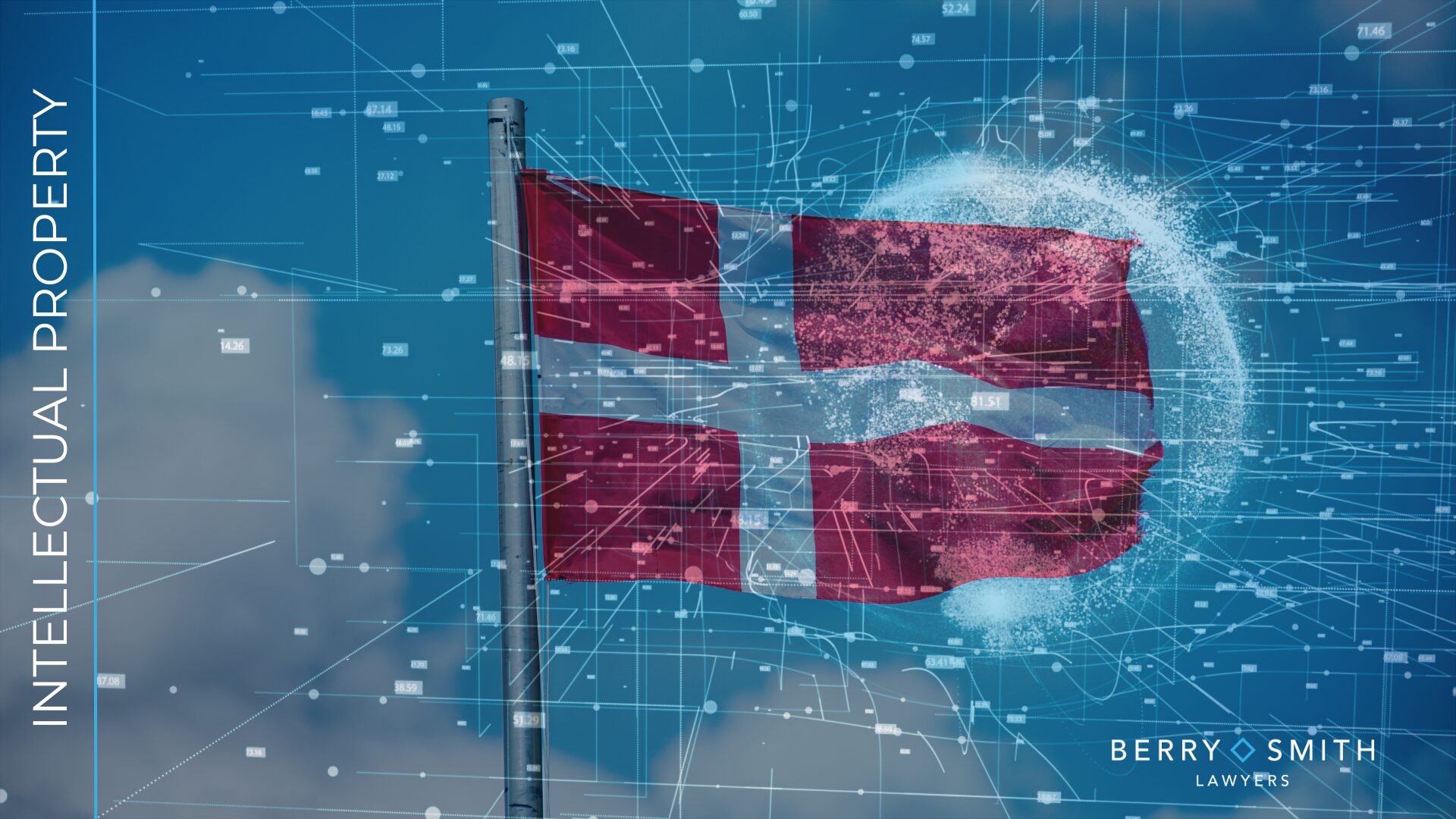The use of artificial intelligence (AI) has expanded rapidly over the past decade. While AI can generate images, streamline administrative tasks, and provide instant answers, it has also been misused in more harmful ways, most notably through the creation of deepfakes.
To tackle this, Denmark has announced a major update to its copyright law. From 2025, Danish citizens will own the rights to their own likeness and voice. That means people can demand companies remove AI-generated content that imitates them, with legal consequences if they don’t.
Why It Matters
· Control for individuals: People will be able to say “no” to their face or voice being used without consent.
· Crackdown on deepfakes: The law is aimed at stopping harmful, misleading content before it spreads.
· Impact on AI training: Companies often train AI on huge sets of images and recordings. Now, they’ll need proper rights or licences first.
What It Means for Businesses
This reform could affect a wide range of sectors:
· AI companies – May need licences to use real people’s likenesses in training data.
· Social media platforms – Could face stricter rules on how they use and share user content.
· Creative industries – Clearer contracts will be needed to decide who actually owns copyright.
Even if your business isn’t in Denmark, this could be the start of a trend across Europe. Other countries are already watching closely.
What’s Next?
Denmark’s move could become a blueprint for new laws worldwide. Businesses should get ahead by:
· Reviewing contracts and terms of service
· Checking how their AI systems are trained
· Making sure they have the right licences and permissions
How We Can Help
At Berry Smith, we help businesses navigate copyright, IP, and the fast-changing world of AI regulation. Whether you’re building AI, using third-party content, or just want to understand the risks, we can help you stay compliant and protect your business.
Get in touch with our team to discuss how these changes could affect you.
